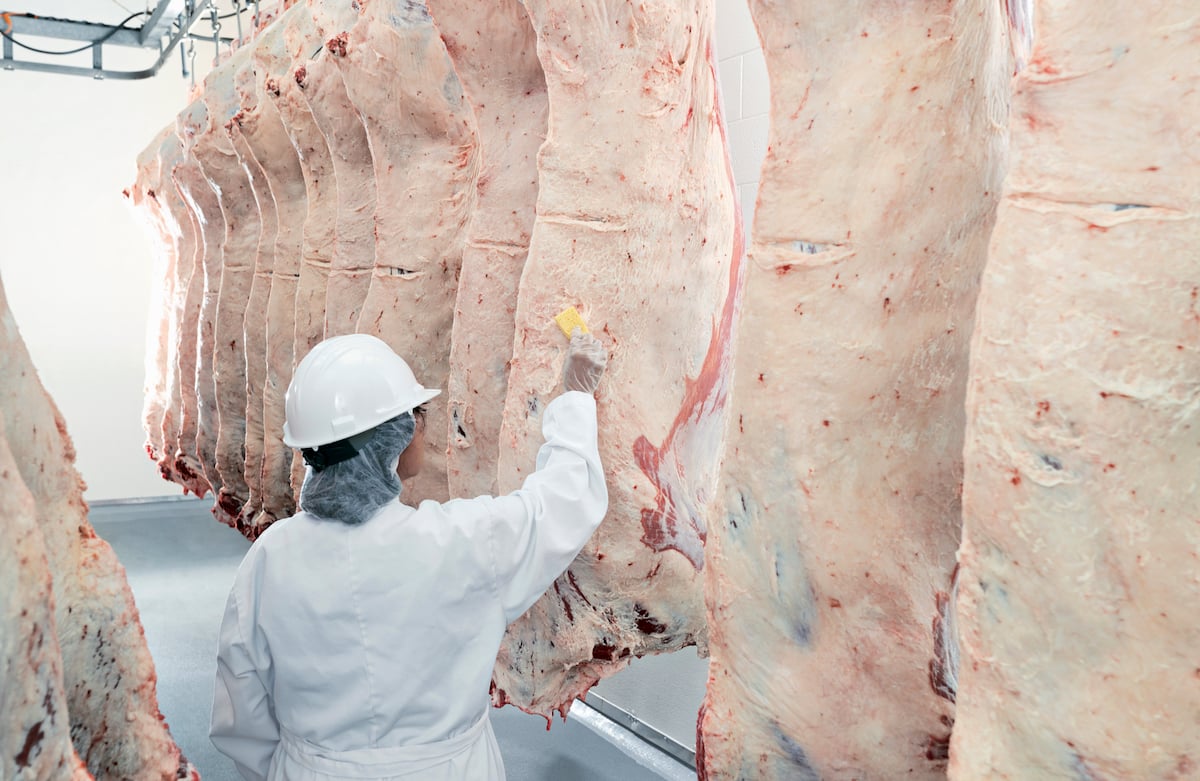Canada’s federal transport department will conduct its own review of U.S. grain giant Bunge’s plans to buy and merge with Viterra — with an eye particularly on both companies’ stakes in Canadian port terminals.
Transport Minister Pablo Rodriguez announced Tuesday that his department will review the deal under the mergers and acquisitions provisions of the Canada Transportation Act, starting with a “public interest assessment” which can run up to 250 days — that is, until June 2, 2024 at the latest.
The deal is “of significant national interest in Canada’s transportation sector and the broader supply chain,” he said, as both companies hold ownership interests in port terminals across the country.
Read Also

U.S. livestock: Cattle, hogs end week on high note
Cattle contracts and nearby hog futures ended the week on a high note after a week rife with losses. Most-traded…
“Healthy competition in the transportation sector is necessary to ensure fair pricing and access for users, especially for Canadian farmers,” he said.
The public interest assessment, he said, will include consultations with Canada’s ports and marine industry as well as other industry stakeholders, government departments and other levels of government, as well as Canadians generally.
Such an assessment is required under the Transportation Act, which says the minister must assess whether a proposed transaction involving a “federal transportation undertaking” raises issues of the public interest in national transportation.
The public interest, from the Act’s perspective, is “a broad concept” and individual transactions may raise different public interest issues or concerns, depending on each deal’s “unique facts and context.”
If, during the minister’s assessment, the deal is shown to raise public interest issues, the Canadian Transportation Agency or any other appointed person can then be tasked with further examining those specific issues.
Bunge’s assets in Canada include oilseed crushing operations and part-ownership, with a Saudi state-owned grain firm, in Prairie grain handler G3.
G3, created in 2015 with the assets of the privatized Canadian Wheat Board, today has port grain terminals at Vancouver, Thunder Bay, Hamilton, Trois-Rivieres and Quebec City as well as a network of 19 Prairie grain elevators.
Viterra, meanwhile, has its Cascadia and Pacific terminals at Vancouver plus terminals at Prince Rupert and Montreal and two at Thunder Bay plus a substantial grain elevator network.
Transport Canada’s review is independent of a review by the federal Competition Bureau, which in June said it will also review the deal. That review also has yet to be completed.
According to Transport Canada’s review guidelines, potential impacts on prices and access to services and facilities are “of prime interest” in any deal that involves a transport undertaking.
“In fully competitive markets these issues will be of lesser concern,” the department says, while “in markets characterized by less competition, such impacts may take on a higher level of significance.”
Other impacts to be considered in such a review could include the “financial viability of the entity resulting from the merger or acquisition” as well as “whether a transaction may adversely affect one or more transportation sectors.”
For its part, Bunge last month announced it has scheduled an “extraordinary general meeting” of its shareholders, to be held virtually on Oct. 5, to approve the acquisition of Viterra.
Bunge said in June it expects to close the merger of the two firms by mid-2024, pending approvals from regulators in countries where the companies operate, and approval from Bunge shareholders.
Separately, the Oct. 5 meeting will seek approval to move Bunge’s “place of incorporation and residence of the ultimate parent company,” to Switzerland from Bermuda. — Glacier FarmMedia Network















